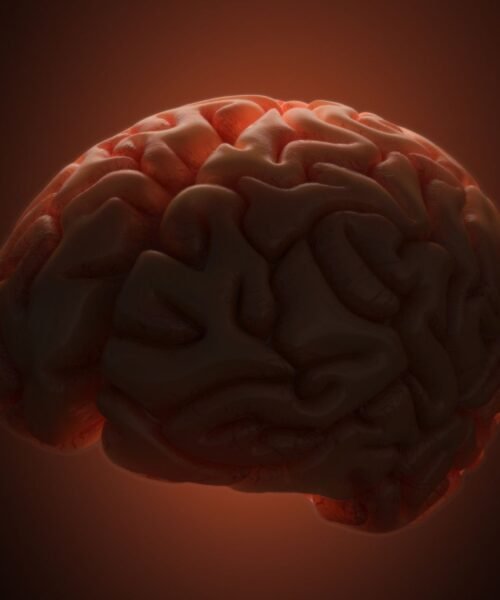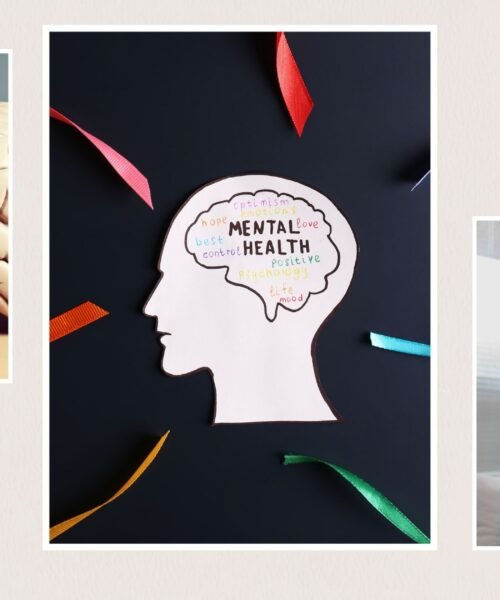Mental Health Apps: Changing Lives through Mobile Technology
In today’s fast-paced world, mental health has become a crucial aspect of our overall well-being. With the rise of technology, mental health apps have emerged as a powerful tool to help individuals manage their mental health. These apps offer a range of features and benefits that make mental health support more accessible and convenient than ever before.
What Are Mental Health Apps?
Mental health apps are mobile applications designed to provide support, resources, and tools for individuals seeking to improve their mental health. These apps can offer various services, including therapy sessions, meditation exercises, mood tracking, and more. They are designed to be user-friendly and accessible to anyone with a smartphone.
Benefits of Mental Health Apps
One of the primary benefits of mental health apps is their accessibility. Unlike traditional therapy, which may require appointments and travel, mental health apps can be accessed anytime and anywhere. This convenience makes it easier for individuals to seek help when they need it most.
Another significant advantage is cost-effectiveness. Many mental health apps offer free or low-cost services, making mental health support more affordable for a broader audience. Additionally, these apps provide anonymity and privacy, allowing users to seek help without fear of judgment or stigma.
Popular Mental Health Apps
Several mental health apps have gained popularity due to their effectiveness and user-friendly features. Some of the most well-known apps include:
- Headspace: Offers guided meditation and mindfulness exercises.
- Calm: Provides relaxation techniques, sleep stories, and meditation.
- BetterHelp: Connects users with licensed therapists for online therapy sessions.
- Talkspace: Offers text, audio, and video therapy with licensed professionals.
Features of Effective Mental Health Apps
Effective mental health apps share several key features that enhance their usability and effectiveness. These include a user-friendly interface, evidence-based techniques, personalization options, and regular updates to improve functionality and content.
How Mental Health Apps Work
Mental health apps utilize various techniques to support users. Cognitive Behavioral Therapy (CBT) is a common approach, helping individuals identify and change negative thought patterns. Mindfulness and meditation exercises promote relaxation and stress reduction. Mood tracking and journaling features allow users to monitor their mental health progress over time.
Impact on Different Demographics
Mental health apps have a significant impact on various demographics. Teens and young adults, who are often more comfortable with technology, can benefit from the accessibility and anonymity these apps provide. Working professionals can use mental health apps to manage stress and maintain work-life balance. The elderly population can also benefit from the convenience and support offered by these apps.
Challenges and Limitations
Despite their many benefits, mental health apps also face challenges and limitations. One major concern is the lack of personal interaction, which can be crucial for some individuals. Over-reliance on technology may also prevent users from seeking in-person support when needed. Additionally, data security concerns must be addressed to protect users’ privacy.
Future of Mental Health Apps
The future of mental health apps looks promising, with advancements in technology paving the way for new features and improvements. Integration with wearable technology can provide real-time monitoring and support. AI and machine learning advancements can offer more personalized and effective interventions. As acceptance and usage of mental health apps continue to grow, they will play an increasingly important role in mental health care.
Conclusion
Mental health apps are revolutionizing the way we approach mental health care. They offer accessible, convenient, and cost-effective support for individuals seeking to improve their mental well-being. By exploring and utilizing these apps, we can take proactive steps towards better mental health.
FAQs
- Are mental health apps effective? Yes, many mental health apps are effective and use evidence-based techniques to support users.
- Are mental health apps safe to use? Most mental health apps prioritize user privacy and data security, but it’s essential to choose reputable apps.
- Can mental health apps replace traditional therapy? While mental health apps can be a valuable supplement, they may not replace the need for in-person therapy for everyone.
- Are there free mental health apps available? Yes, several mental health apps offer free services or have free versions with basic features.
- How do I choose the right mental health app for me? Consider your specific needs, read reviews, and choose an app that offers the features and support you require.










